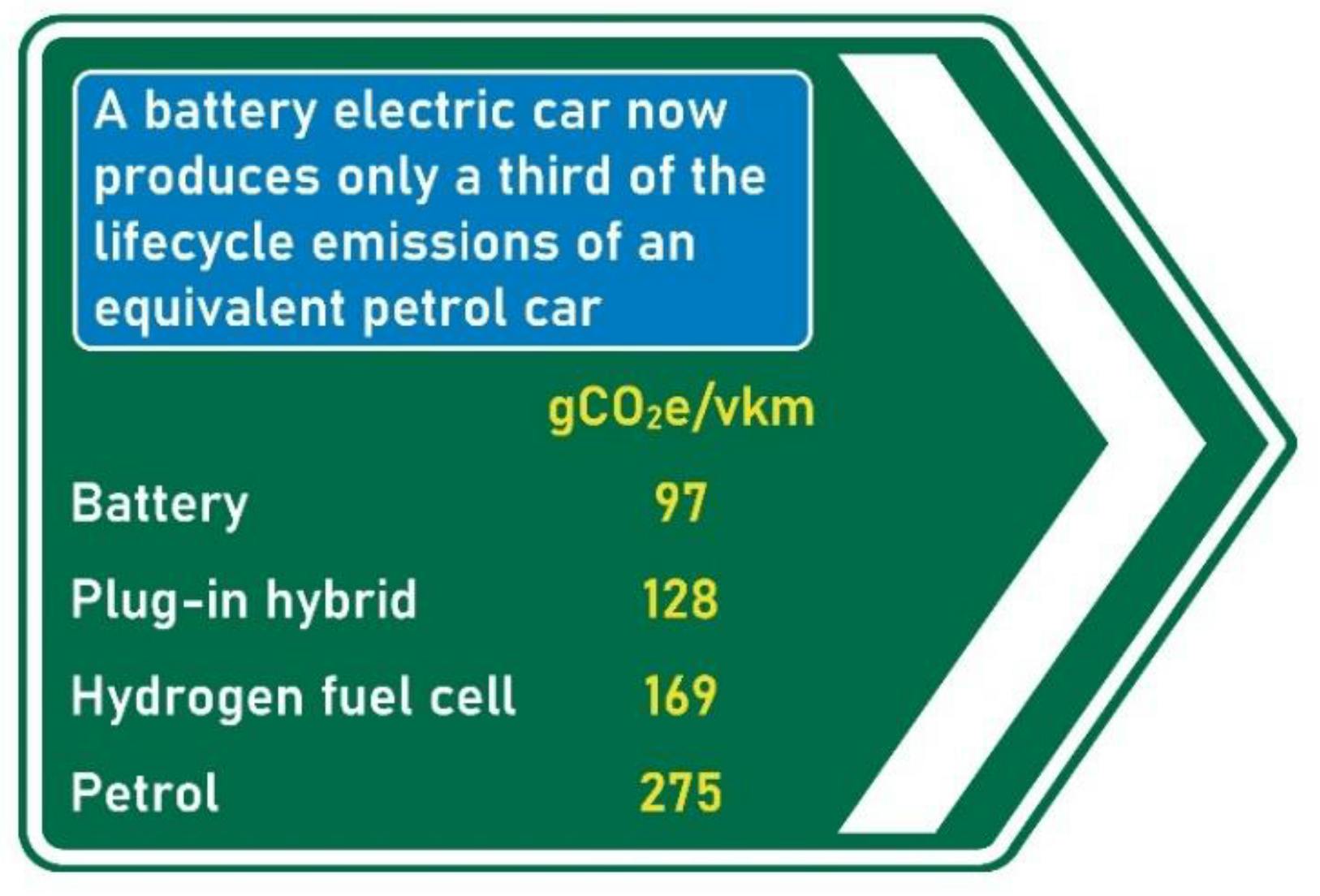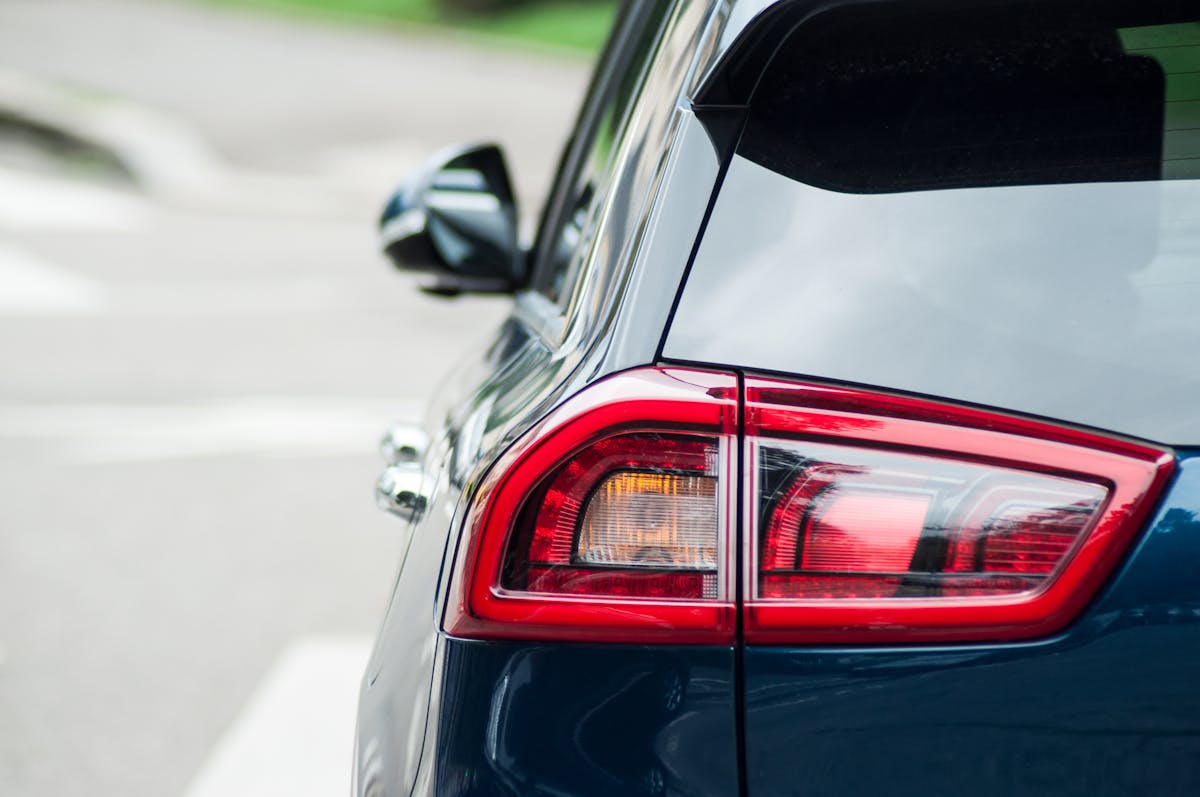Five common EV myths.
We take a look at some of the common misconceptions around electric vehicle production and ownership.
1. EVs do not have big enough range to travel as far as people need.
99% of car journeys in England are under 100 miles. This means most drivers’ needs are easily met by an EV. For those who are doing a longer journey, there are over 20 models available with a quoted 200-plus mile range. There are also new electric cars coming soon with ranges of over 300 miles, enough to get from Exeter to Leeds.
2. Building an EV generates more greenhouse gas emissions than it saves.
This myth has been disproved in a number of well-respected studies. A new battery-electric car has just a third of the lifetime greenhouse gas emissions of an equivalent new petrol car, even considering battery production and disposal. EVs are getting progressively cleaner as electricity generation decarbonises.

3. The battery will need replacing after five years.
There are already millions and millions of EVs on roads all over the world, with zero evidence to suggest their lifespans are any different from a petrol or diesel vehicle. Most electric car batteries have warranties of around 8 years (or 100,000 miles) but are expected to last much longer, and as technology advances, their lifespan continues to improve.
4. EVs cannot be driven or charged in the rain.
As with all vehicles, electric cars have to meet a number of standards and technical requirements before they can be sold, including crash and electrical safety standards. This means they are safe to drive and charge in a wide range of weather conditions, from high temperatures to heavy downpours. As with any vehicle, drivers should also consult the owner manual for guidance on the maximum depth of water a car is safe to drive through.
5. EVs cannot tow or be towed.
Like all other cars, electric vehicles need to be ‘type approved’ to tow a caravan or trailer. Each year, more EVs come to the market with towing capabilities.
Many vehicles, be they electric, petrol or diesel, must be towed with the wheels off the ground when travelling at higher speeds and longer distances. This is not a new challenge for vehicle recovery companies.
Driver resources
Check out more driver resources from Osprey Charging




